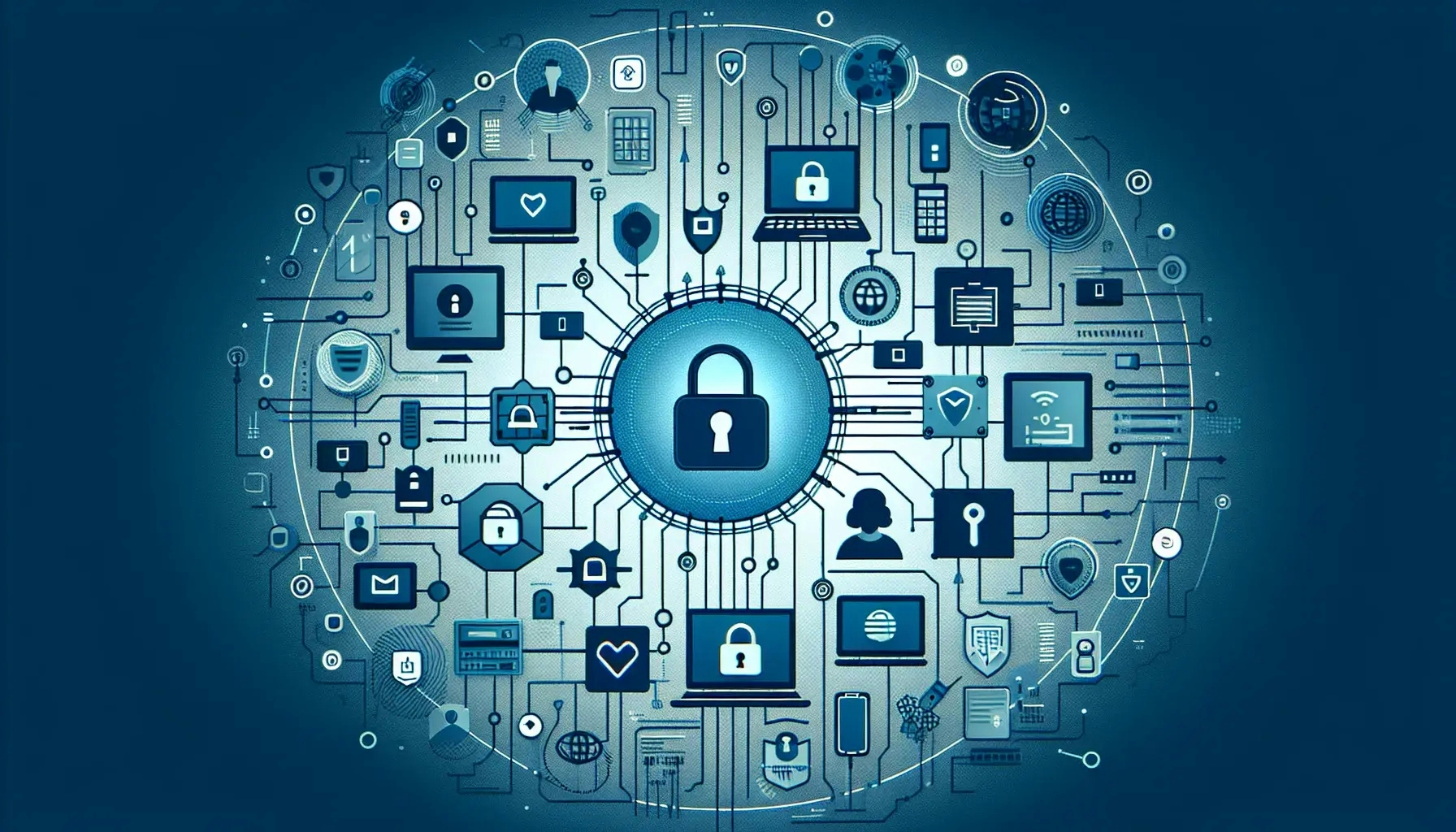In an era where digital security is paramount, multi-factor authentication (MFA) emerges as a crucial player. This blog post delves into the benefits of MFA, a security system that requires multiple methods of verification from independent categories of credentials to confirm the user's identity for a login or other transaction.
Understanding Multi-Factor Authentication
Multi-factor authentication is a security measure that requires more than one method of authentication from independent categories of credentials to verify the user's identity for a login or transaction. It's a process that combines two or more independent credentials: what the user knows (password), what the user has (security token), and what the user is (biometric verification).
The concept behind MFA is that a physical item (like a card) can be stolen, a password can be guessed, and a biometric feature can be forged. But the chances of all three happening at the same time are significantly lower. Therefore, MFA provides an additional layer of security that makes it harder for attackers to gain access to a person's devices or online accounts.
The Importance of Multi-Factor Authentication
In today's digital world, a simple username and password are no longer sufficient for securing access to an account. Cybercriminals are becoming increasingly sophisticated, and they have more tools at their disposal than ever before to crack your password.
Multi-factor authentication adds an additional layer of protection. Even if someone manages to learn your password, they would still need your second factor—something you have or something you are—to gain access to your account. This dramatically reduces the likelihood of unauthorized access.
The Benefits of Multi-Factor Authentication
The primary benefit of multi-factor authentication is enhanced security. By requiring multiple forms of verification, MFA makes it harder for unauthorized users to gain access to data or systems. Even if an attacker manages to steal one credential, they would still need to compromise at least one more to gain access.
Another benefit of MFA is compliance with regulations. Many industries have regulations that require companies to take steps to protect data, and using MFA can help meet these requirements.
Implementing Multi-Factor Authentication
Implementing multi-factor authentication is a straightforward process. The first step is to determine which systems and data need to be protected. Once these have been identified, the next step is to choose the types of authentication that will be used.
The final step is to implement the MFA solution. This can be done in-house with the help of IT staff, or it can be outsourced to a third-party provider. Regardless of the method chosen, it's important to train staff on how to use the new system and to monitor the system for any potential issues.
Challenges of Multi-Factor Authentication
While multi-factor authentication offers many benefits, it's not without its challenges. One of the main challenges is user resistance. Many people find MFA inconvenient and time-consuming, and they may resist its implementation.
Another challenge is the potential for lost or stolen authentication factors. If a user loses their security token or their biometric data is compromised, it can be difficult to regain access to the system.
Overcoming the Challenges of Multi-Factor Authentication
Despite these challenges, there are ways to make multi-factor authentication more user-friendly and secure. One way is to use adaptive MFA, which only requires additional authentication factors when a potential risk is detected.
Another way is to use biometrics as one of the authentication factors. Biometric data, such as fingerprints or facial recognition, can't be lost or stolen like a security token, and they are generally more convenient for users than entering a password or PIN.
The Future of Digital Security: Multi-Factor Authentication
In conclusion, multi-factor authentication offers a robust solution to the increasing threats of cyber attacks. Despite some challenges, its benefits in terms of enhanced security and compliance with regulations make it an essential component of any organization's security strategy. As cyber threats continue to evolve, so too will MFA, providing even more secure methods of protecting sensitive data and systems.

